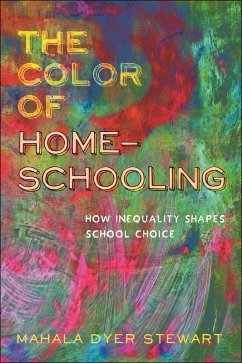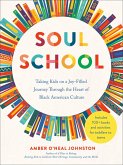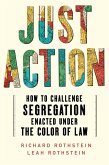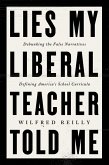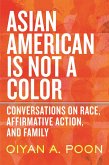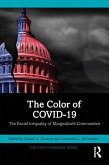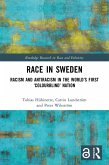2023 SSSP C. Wright Mills Award Finalist
How race and racism shape middle-class families' decisions to homeschool their children
While families of color make up 41 percent of homeschoolers in America, little is known about the racial dimensions of this alternate form of education. In The Color of Homeschooling, Mahala Dyer Stewart explores why this percentage has grown exponentially in the past twenty years, and reveals how families' schooling decisions are heavily shaped by race, class, and gender.
Drawing from almost a hundred interviews with Black and white middle-class homeschooling and nonhomeschooling families, Stewart's findings contradict many commonly held beliefs about the rationales for homeschooling. Rather than choosing to homeschool based on religious or political beliefs, many middle-class Black mothers explain their schooling choices as motivated by their concerns of racial discrimination in public schools and the school-to-prison pipeline. Indeed, these mothers often voiced concerns that their children would be mistreated by teachers, administrators, or students on account of their race, or that they would be excessively surveilled and policed. Conversely, middle-class white mothers had the privilege of not having to consider race in their decision-making process, opting for homeschooling because of concerns that traditional schools would not adequately cater to their child's behavioral or academic needs. While appearing nonracial, these same decisions often contributed to racial segregation.
The Color of Homeschooling is a timely and much-needed study on how homeschooling serves as a canary in the coal mine, highlighting the perils of school choice policies for reproducing, rather than correcting, long-standing race, class, and gender inequalities in America.
How race and racism shape middle-class families' decisions to homeschool their children
While families of color make up 41 percent of homeschoolers in America, little is known about the racial dimensions of this alternate form of education. In The Color of Homeschooling, Mahala Dyer Stewart explores why this percentage has grown exponentially in the past twenty years, and reveals how families' schooling decisions are heavily shaped by race, class, and gender.
Drawing from almost a hundred interviews with Black and white middle-class homeschooling and nonhomeschooling families, Stewart's findings contradict many commonly held beliefs about the rationales for homeschooling. Rather than choosing to homeschool based on religious or political beliefs, many middle-class Black mothers explain their schooling choices as motivated by their concerns of racial discrimination in public schools and the school-to-prison pipeline. Indeed, these mothers often voiced concerns that their children would be mistreated by teachers, administrators, or students on account of their race, or that they would be excessively surveilled and policed. Conversely, middle-class white mothers had the privilege of not having to consider race in their decision-making process, opting for homeschooling because of concerns that traditional schools would not adequately cater to their child's behavioral or academic needs. While appearing nonracial, these same decisions often contributed to racial segregation.
The Color of Homeschooling is a timely and much-needed study on how homeschooling serves as a canary in the coal mine, highlighting the perils of school choice policies for reproducing, rather than correcting, long-standing race, class, and gender inequalities in America.
Dieser Download kann aus rechtlichen Gründen nur mit Rechnungsadresse in A, D ausgeliefert werden.

